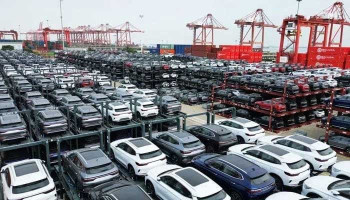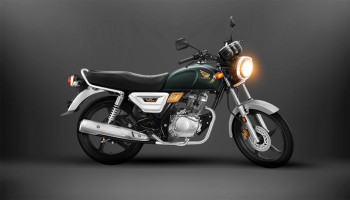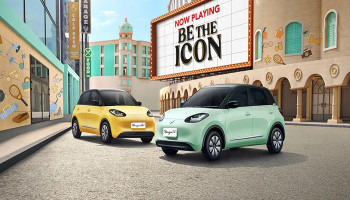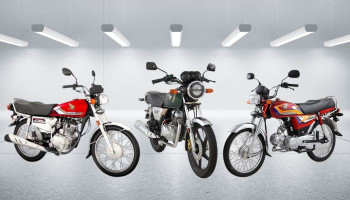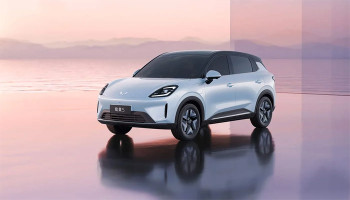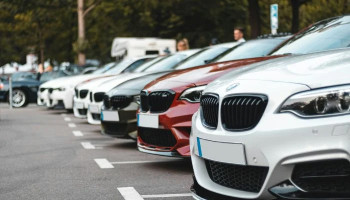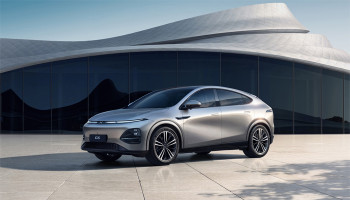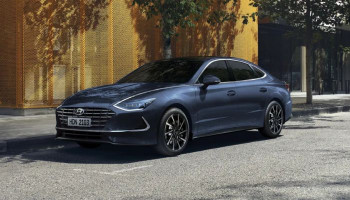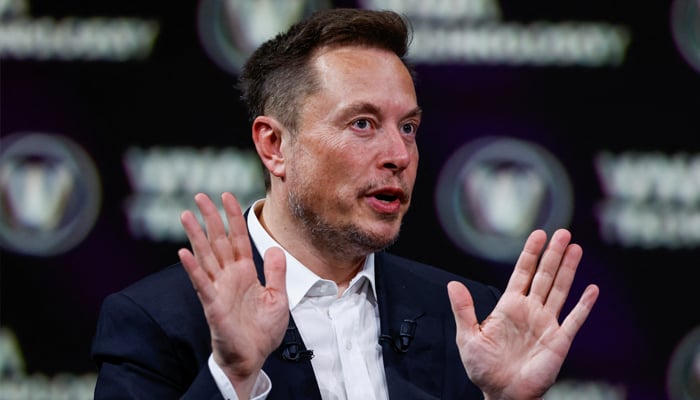
Tesla, an American multinational automotive company, transitioned from a technological start-up to a mass-market automaker, investing billions of dollars in its sustainable energy sector and seeing its stock price soar.
However, the firm is currently dealing with declining automobile sales, fierce competition from Chinese competitors, and issues with its much-hyped Cybertruck. Whereas, lower sales have reduced revenues and profitability. Tesla’s stock price has decreased by more than a quarter since the beginning of the year.
Tesla has lowered pricing in important regions and is laying off 14,000 people, or 10% of its worldwide workforce.
In addition, senior executives and the whole staff in charge of the company's renowned supercharger network are among those impacted.
Read more: Tesla internship programme on hold — Layoffs cast shadow on future opportunities
"It's about breaking a spell," Musk told a specially invited crowd at Tesla's California facility in June 2012. "The world has been under the illusion that electric cars can't be as good as petrol cars."
Musk was speaking at the premiere of the new Tesla Model S, which he said will shatter that illusion. It was not an empty promise.
Respectively, electric automobiles were known for being sluggish, uninteresting, and impractical, with a short range. Whereas new models like the Nissan Leaf were beginning to gain a following, they have yet to make a significant influence on the overall market.
The Model S was powerful, with sportscar performance and a range of up to 265 miles on a single charge. It wasn't cheap, starting at $57,000 (£47,000) in the United States for the base performance model. Tesla has introduced four more models: the Model X SUV, the "affordable" Model 3 and Model Y, and the Cybertruck.
In addition, to the initial factory in Fremont, California, and several other US locations, the company also operates massive "gigafactories" in Shanghai and Berlin that manufacture automobiles. Last year, Samsung delivered 1.8 million vehicles, indicating that it has solidified its position as a mass-market manufacturer.
However, Professor Peter Wells, head of Cardiff University's Centre for Automotive Industry Research, believes that "When Tesla first emerged, it had an exciting new product, a charismatic CEO, and it came across as really pioneering."
Currently, the organisation "is no longer the entrepreneurial new entrant and upstart disrupter, but increasingly an industry incumbent with all the challenges this brings when faced with a growing array of competitors in the same market space.”
According to Prof Wells, other firms, such as China's Nio, provide more intriguing goods, but another Chinese company, BYD, provides good performance at lower rates. "Basically, the world has caught up with Tesla," he said.
Read more: Tesla Model X transformed into 'Back to the Future' time machine
Meanwhile, Chinese politicians have long viewed the development of electric vehicles (EVs) as a potential to capture a major piece of the global market, and have actively pushed their development.
As a result, brands such as BYD have grown rapidly, surpassing Tesla as the world's largest maker of electric vehicles at the end of last year.
In addition, as the EV industry has grown, several countries of the world have reduced incentives to assist customers and acquire them. That might explain why the rapid surge in EV sales in recent years has slowed, and why manufacturers have been forced to lower their pricing.
According to a statement by freelance automotive researcher Matthias Schmidt, on Tesla: "Finance ministers who were previously happy to offer attractive incentives for the purchase of a battery electric vehicle in a market environment that appeared bare-shelved, with essentially a Tesla or a Tesla on offer, are now slamming their purses shut."
One market where this looks to have had a significant impact is Germany. A subsidy plan that offered thousands of euros off the cost of a new electric vehicle was unexpectedly discontinued in December.
EV sales decreased substantially in the first three months of this year, with Tesla down 36% from the same period in 2023.
The issue now is whether the company can recapture its lost momentum. Its unconventional CEO, Elon Musk, appears to be banking on the firm being a leader in vehicle autonomy — a provider of autonomous robot taxis.
The previous month, on his social networking site X, Musk wrote: "Not quite betting the firm but going all-in for autonomy is a blindingly clear choice. Everything else resembles variants on a horse carriage."
However, Musk has been touting the idea of complete autonomy for quite some time. In 2019, for example, he stated that within a year, a million Teslas will be on the road, capable of operating as robotaxis.
The truth appears to be rather different. Tesla's "Full Self Driving" package is still more of a "hands-on" technology that demands the driver to be attentive at all times.
Moreover, the drive for complete autonomy is consistent with Tesla's identity as a technology company rather than a typical automobile manufacturer.
However, Musk's detractors feel it is a smokescreen to divert attention away from more serious issues. Tesla has been lowering prices to increase sales while also cutting costs and decreasing manpower to enhance profit margins. Much as any other automobile manufacturer would do.





